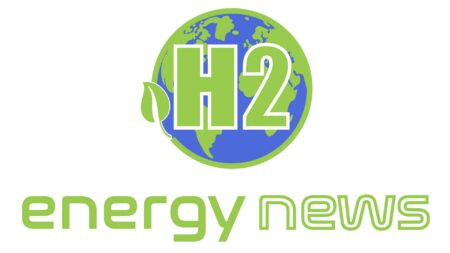The Netherlands and Germany have long been important trading partners in Europe, with their economic relations being strengthened in recent years.
Browsing: Germany
The Toyota Mobility Foundation, in collaboration with the National Organization for Hydrogen and Fuel Cell Technology (NOW GmbH), has launched an online platform called “H2Scout” to promote the integration of hydrogen into the regional energy transition.
The German district of Vorpommern-Rügen, specifically the Rügen-Stralsund area, has been selected as a “HyPerformer Region” by the Federal Ministry for Digital and Transport, receiving almost €14 million in funding to develop hydrogen technologies.
Companies in northwest Germany are planning to link up their hydrogen projects to transport hydrogen to industrial consumption centres in North Rhine-Westphalia and Lower Saxony.
The European Clean Hydrogen Alliance has identified six potential corridors for the development of hydrogen infrastructure across Europe.
German electric truck maker Quantron and Norwegian hydrogen supplier Westgass Hydrogen have signed a strategic cooperation agreement to fuel hydrogen trucks across the Nordic countries.
Germany is moving closer to achieving its target of developing a green hydrogen market by the end of the decade, according to E.ON, one of the country’s largest utilities.
The German government has passed a law to ban new fossil heating installations starting in 2024. The move is part of Germany’s efforts to reduce carbon emissions and shift towards clean energy.
Germany and Turkey came together to discuss cooperation in green hydrogen production in Istanbul. The meeting was attended by the Head of the Department of Financial Instruments and Hydrogen Initiatives at the German Federal Ministry of Economy and Climate Protection, Dr. Christian Storost, and representatives of the Green Hydrogen Producers Association (H2DER).
The energy companies RWE and badenova plan to build the largest green hydrogen production plant in Germany in Albbruck am Hochrhein.



